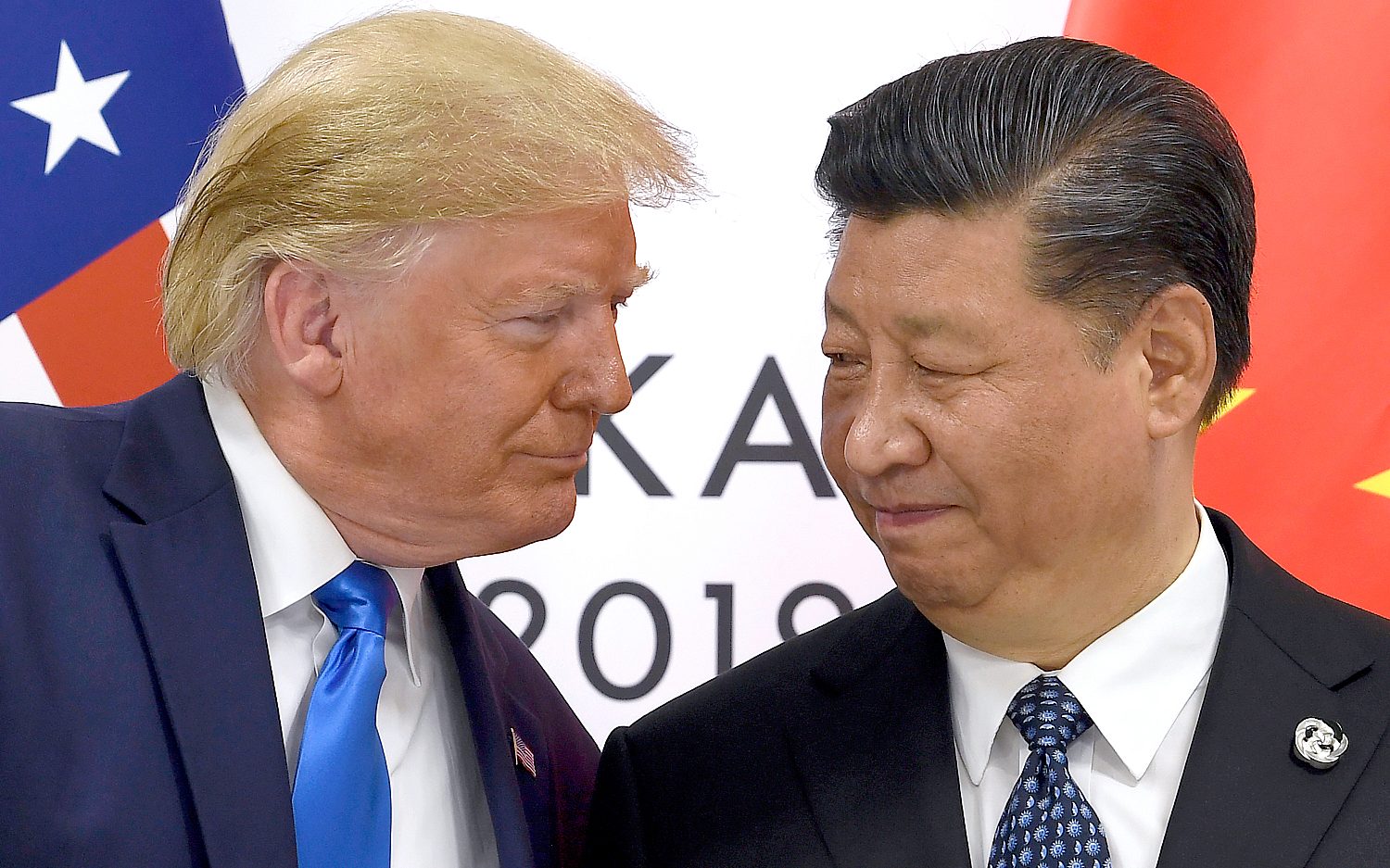UK government backs three-parent children
The United Kingdom may become the first country to allow “three-parent” in vitro fertilization (IVF) treatments to prevent mothers with faulty mitochondrial DNA from passing defects that can result in such diseases as muscular dystrophy, epilepsy, heart problems, and mental retardation on to their children. The government announced this week it backs the new technique and will publish draft regulations later this year. Parliament will vote on the legality of the treatment in 2014.
“Scientists have developed ground-breaking new procedures which could stop these diseases being passed on,” Britain’s chief medical officer, Dr. Sally Davies, said in a statement last Friday. “It’s only right that we look to introduce this life-saving treatment as soon as we can.”
The “mitochondrial replacement” technique, also called “the spindle transfer,” is accomplished by removing the nucleus of the fertilized egg with the mitochondrial disease and implanting it into a healthy donor egg, whose nucleus has been removed and discarded. The new embryo obtains most of its DNA from its original parents—about 20,000 known genes come from the nucleus—but it will have about 37 genes coming from the donor mother with the healthy mitochondria.
When first announced in 2008, British journalists labeled mitochondrial replacement as the creation of a three-parent baby—the mother, the donor, and the father—a claim scientists say is inaccurate because the amount of genes from the donor egg is insignificant, based on the small number of genes the donor provides.
About one in 200 children is born every year in Britain with a mitochondrial disorder. If British lawmakers agree, the U.K. would become the first country in the world where the technique could be used to create babies. Experts say the procedures would likely only be used in about a dozen women every year.
“Many of these [mitochondrial] conditions are so severe that they are lethal in infancy, creating a lasting impact upon the child’s family,” said Alistair Kent, director of the charity, Genetic Alliance U.K., in a statement.
Opponents agree the procedure may be successful in some cases, but they worry that a failed procedure would result in the termination of a life. Christian Medical Fellowship said that the potential danger makes the technique unethical: “We do not consider that the hunt for ‘therapies’ that might prevent a small number of disabled children (with mitochondrial disease) being born justifies the destruction of hundreds if not thousands of embryonic human lives.”
Parliament will have to consider the repercussions of legalizing this technology and overcome concerns about “designer babies” and genetic modification. For now, the science for three-parent children is still new.
Before using human embryos, scientists successfully operated on monkeys. The twin monkeys that were conceived by mitochondrial replacement will be four years old this year and seem healthy. Scientists now know the procedure works with human eggs, but not whether those embryos can survive implantation.
Similar research is going on in the U.S., where the embryos are not being used to produce children.
The Associated Press contributed to this report.
An actual newsletter worth subscribing to instead of just a collection of links. —Adam
Sign up to receive The Sift email newsletter each weekday morning for the latest headlines from WORLD’s breaking news team.




Please wait while we load the latest comments...
Comments
Please register, subscribe, or log in to comment on this article.